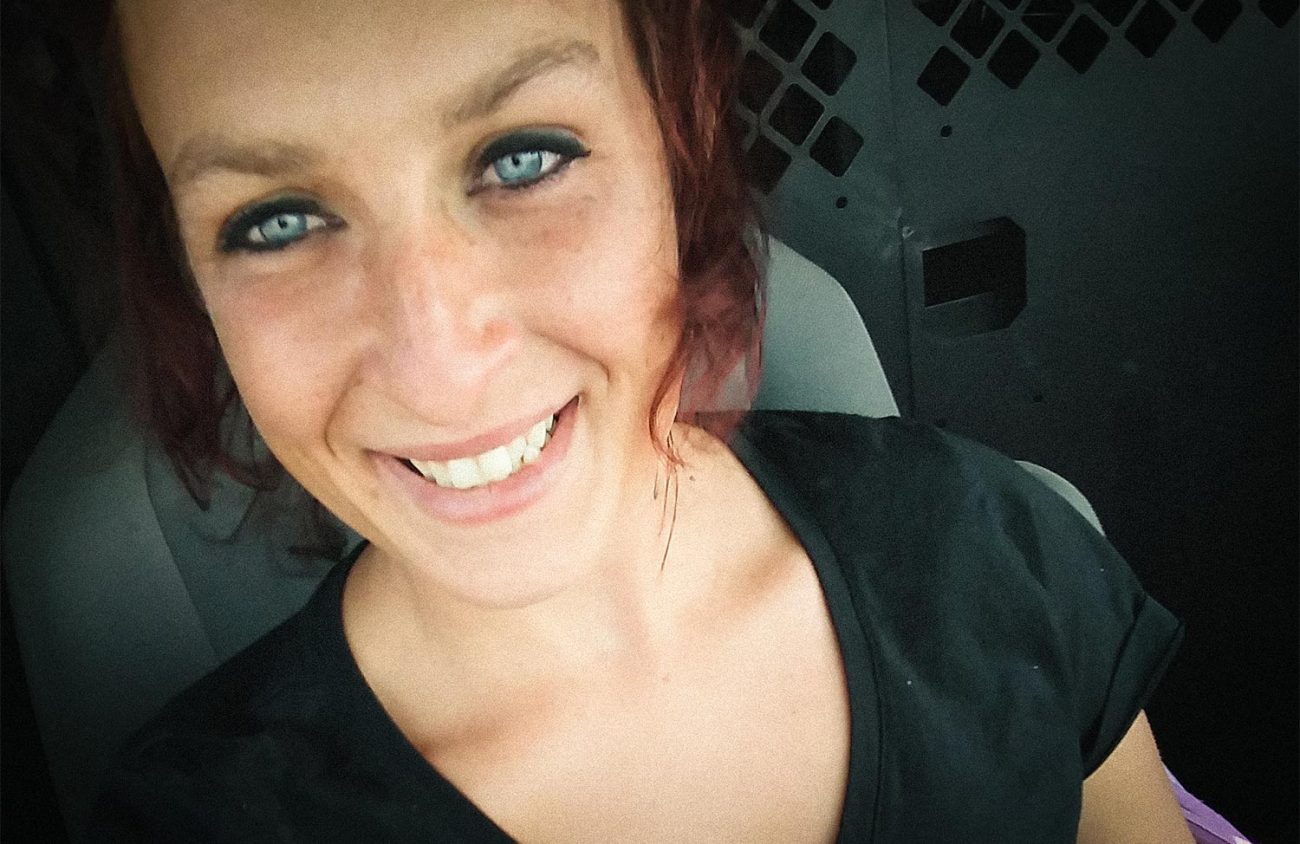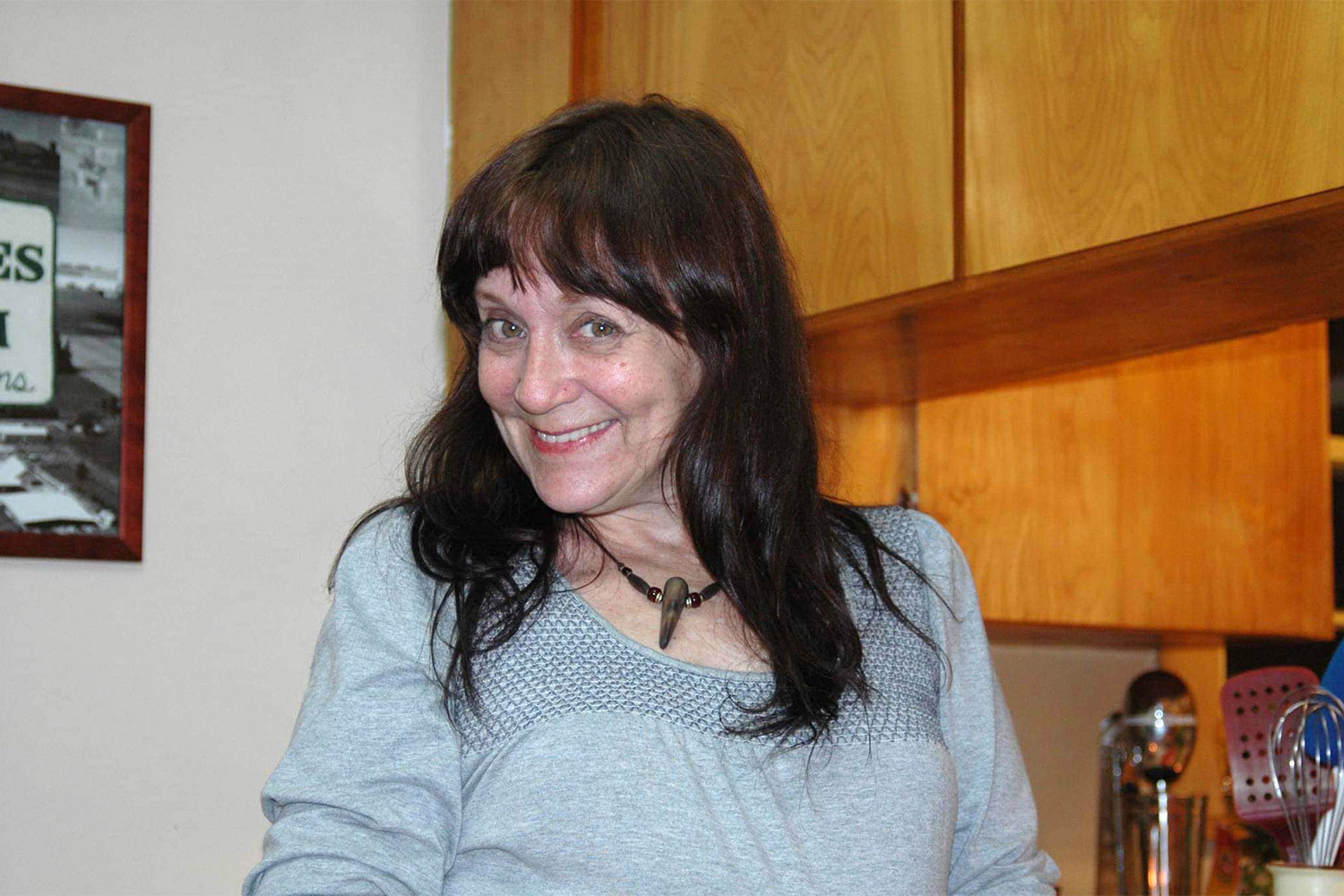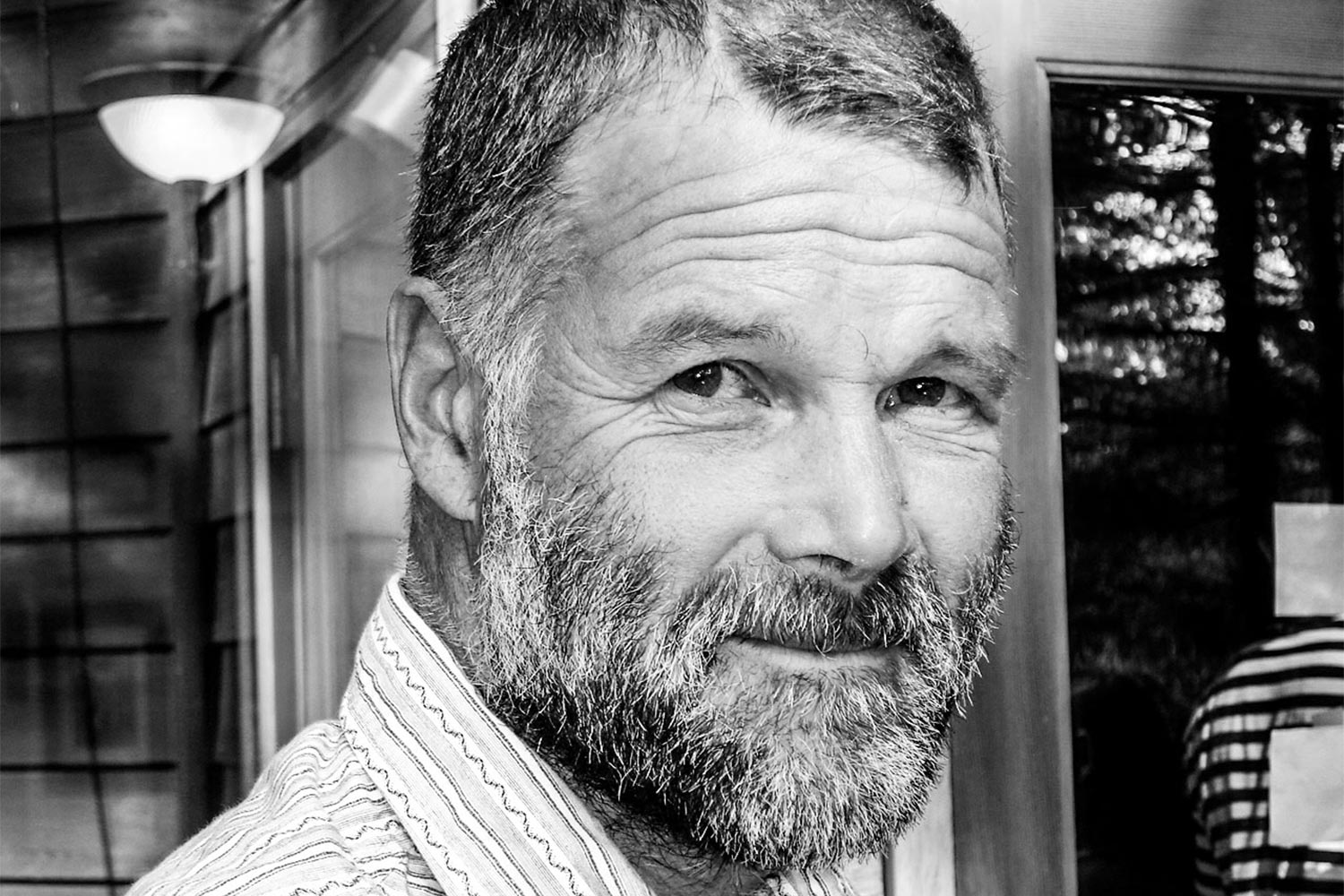The first obituary came early in the year. A 30-year-old woman named Ivory McCuen died of hypothermia on Jan. 24 while sleeping in a parking lot near Chambers and 17th streets. In an ordinary year, her death would have gone unremarked by the news media in and around Eugene, except perhaps to note that a homeless woman had died of the cold.
Instead, on Feb. 11 Eugene Weekly ran a color photo of McCuen, showing a vivacious young woman with blue eyes and a sweet smile. The obituary, by reporting intern Emily Topping, filled in the details of McCuen’s life. She came from the tiny town of Crane in eastern Oregon. “She loved art and music and could often be heard singing around the house,” McCuen’s family told Topping.
The dead woman’s older sister, Breezy Smith, said one more thing about McCuen’s death: “When we see people in the street, you have to know they are human beings, with people who love them.”
Helping people understand that homeless people are very much like everyone else — human beings, with people who love them — was the idea behind an unusual project that EW took on at the beginning of 2021. We decided to research and write traditional obituaries for every person we learned of who died while homeless in Lane County during the calendar year.
The idea grew out of a candlelight vigil held last January for the 30 people known to have died while homeless here in 2020. After the vigil I looked over a list of those 30 names and wondered who all those people were. What kind of person was Mickey Beaty? Who exactly was Elizabeth Hulsey? How did Odin Van Norman Erickson become homeless at the end of his life? I wanted to know all their stories; instead we had nothing but the barest facts.
One of the joys of working at a small publication such as EW is the lack of bureaucracy. I sat down in Editor Camilla Mortensen’s office, held up the list of names, and said something along the lines of, “Why don’t we do obituaries for all the people who die homeless here in 2021?”
She thought about it for all of a moment before saying “Yes,” and we were on our way.
It quickly became clear that this wouldn’t be an easy project. There is no official source in Lane County where you can call and find out who has died while homeless. If you hear of a person’s death and call government officials for details, you’re generally told that the information isn’t public.
Instead we relied on an informal network of social service providers, other homeless people, and friends and family of homeless people who had died to alert us to their deaths. Getting more details once we were sure that someone had died while homeless meant reaching out to family members and friends — many of whom were reluctant to talk to the media. Sometimes the barrier was shame; some people didn’t want to admit that their child, or sibling, or parent had died while homeless. Sometimes we simply couldn’t find relatives or friends.
By any measure, Lane County is being overwhelmed by homelessness. Walk around downtown Eugene, drive around the city, there is no way to avert your eyes from the scores of tents and shopping carts and piles of trash that often surround them. People are living in their cars. EW has had numerous people camped in front of our building on Lincoln Street over the past few years.
During what amounts to a housing emergency, it’s difficult to see that city, county and state officials have done much of anything to provide practical shelter. Nonprofits and volunteer groups have done some heavy lifting — Carry It Forward, St. Vincent dePaul and others have created tiny homes, transitional villages and safe places to sleep — but there’s more demand than there is shelter.
The grandest solution being proposed — rezoning — requires faith in a trickle-down effect from allowing more high-end development in areas previously zoned for single-family homes. At best, that means the people sleeping in tents tonight under the Washington Jefferson Bridge might be able to move into a cheap apartment sometime in a year or more.
Meanwhile we’re putting boulders under highway bridges so people can’t camp there out of the rain.
With that degree of inaction from the government, it doesn’t require much cynicism to wonder whether public agencies insist on privacy and secrecy about homeless deaths simply to avoid being held responsible for the problem. As a former president once said of COVID, “If we didn’t do any testing, we would have very few cases.”
In all, in 2021, we ran obituaries for 13 people who died in Lane County. That is only about a third of the people who died here while homeless; this year’s homeless vigil read out a list of 38 names of people, most of whom we have been unable to track down or verify.
EW’s obituaries included: Shandee Franke, a 26-year-old mother and animal lover who committed suicide in October; Sarah Fallingwater, a former certified nursing assistant who died at 45 after a decade of methamphetamine abuse and homelessness; Rodney Heckathorn, 61, who died in his sleeping bag during the lethal heat wave in June; Charles “Chuck” Rintalan, who died of a tumor at 62 after living on the streets of Eugene for four decades with bipolar disorder; Deborah Plum, who had studied on a dance scholarship at the University of Oregon and worked as a legal secretary before a decade of drug addiction and homelessness;
Elizabeth “Lisa” Ann Fowler, a big-hearted woman well known in the homeless community for her friendliness, who died at 53 after years of fighting alcohol addiction; Davie Scott Hanes, who died at 55 of a methamphetamine overdose after years of homelessness and addiction; Eugene Winters, found dead at 59 in the Willamette River in April after many years of addiction problems; Kim Roberts Repp, a mother of five and excellent cook of Louisiana cuisine who died in Eugene March 11 at the age of 50; Douglas James Hanson, who died at 60 on Jan. 3 at a homeless camp in Glenwood after years of mental health and addiction problems, perhaps the first homeless death of the year;
Hazel Dai, who died of heart failure Jan. 8 in Eugene after years on the streets struggling with drug use and mental illness; Kristi Ann Schmidt, who died Feb. 6 in Springfield at the age of 47 after struggling for years with mental health problems; and Ivory Irene McCuen, the 30-year-old who died of hypothermia in January and became the subject of our first obituary. McCuen, too, had chronic mental health problems, her family told us.
The idea behind doing these stories has been to make people realize that homeless people are human beings, with real lives and jobs and friends and family.
But one glaring other fact comes to light from reading these obituaries: Every single one of these 13 people died after years of mental health or addiction problems. Most, if not all, had sought and received treatment of some kind, but it wasn’t enough. They are the people who fell through the giant cracks of our mental health system — people we have, as a society, turned our backs on. We need to build more affordable housing, but we also need to make certain that everyone, no matter what problems they may face, is able to function well enough to use it.
As 2022 begins, EW has decided to continue writing obituaries for everyone who dies while homeless in Lane County. If you know of a homeless person who dies here, please let us know by emailing Editor@EugeneWeekly.com.



